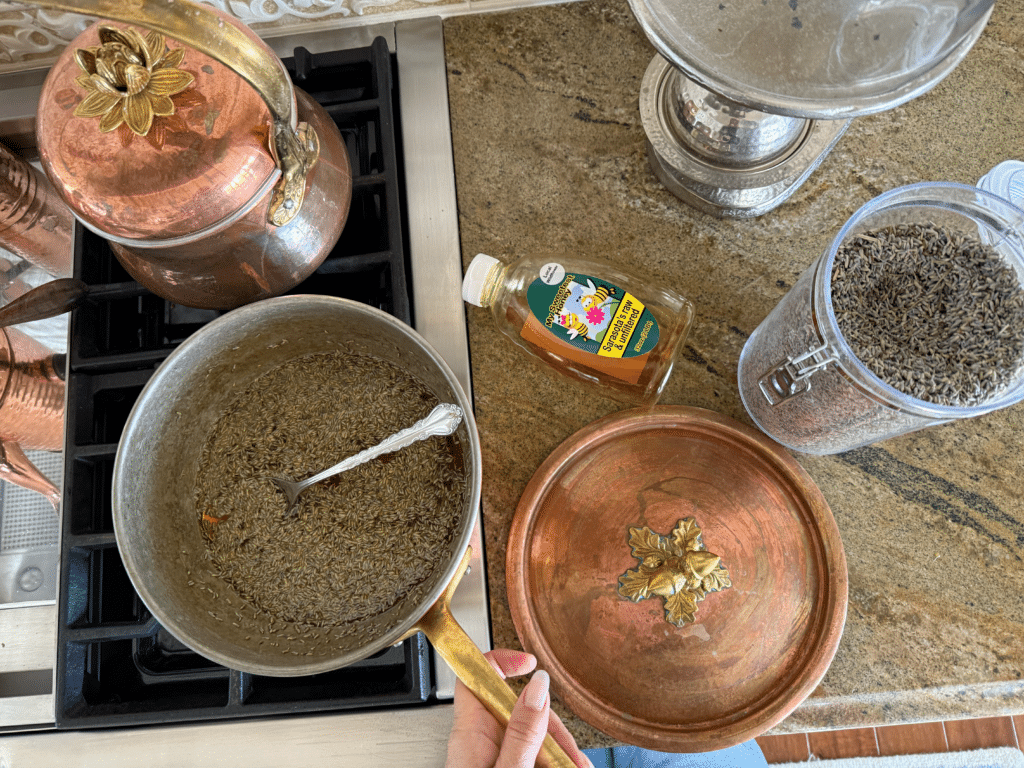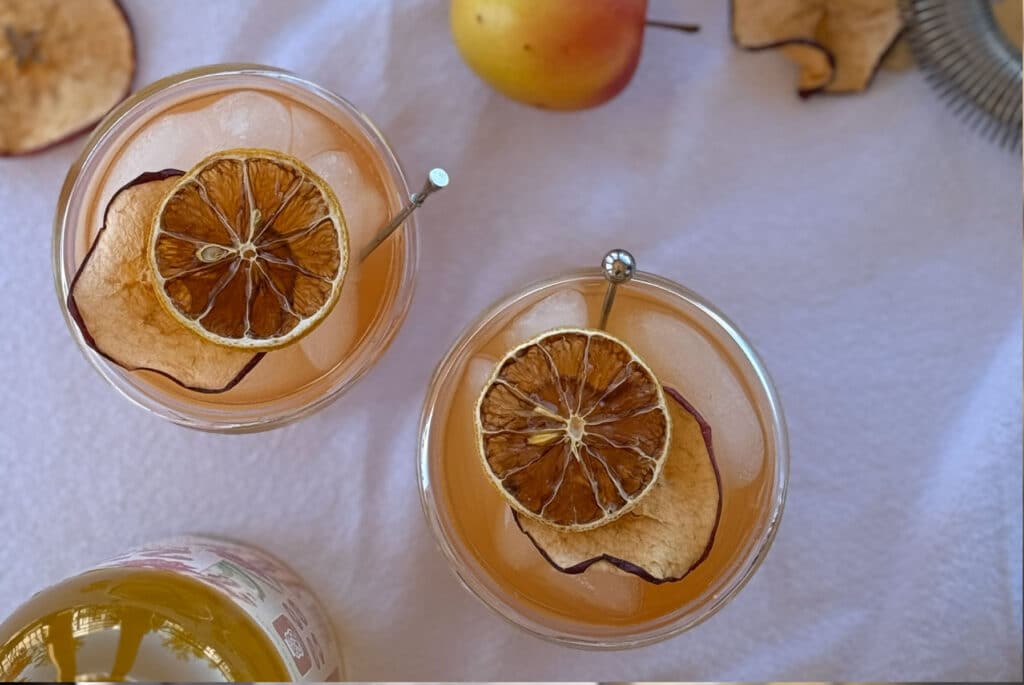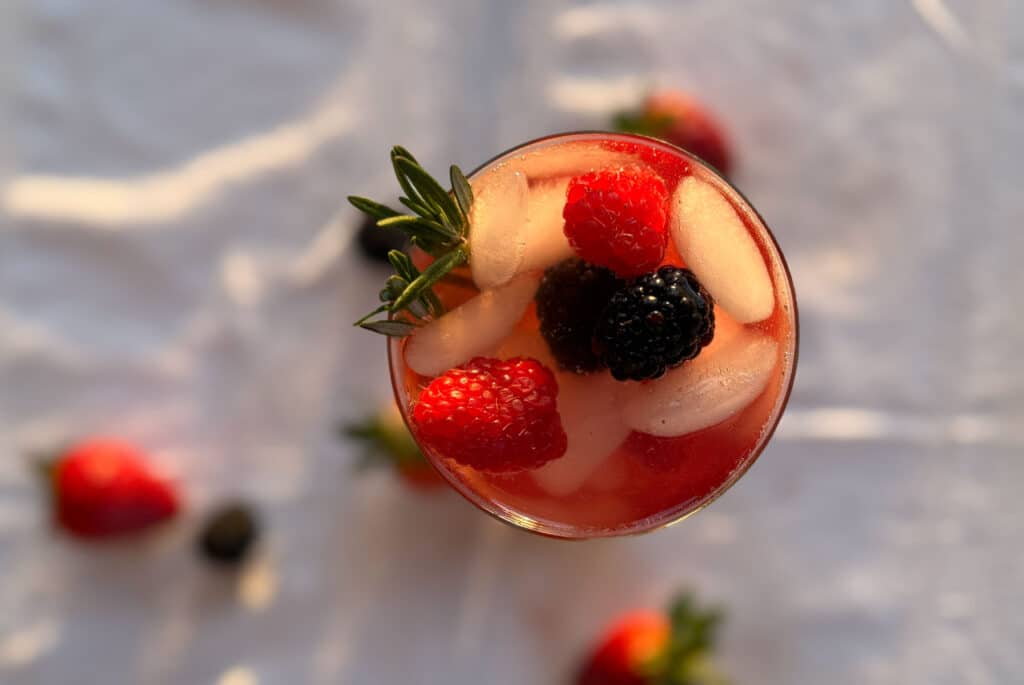There’s a moment after the meal—after the last bite, the soft clatter of forks, the warmth of conversation still lingering—when something rare has the chance to happen.
A pause.
It’s quiet, but not empty. It holds the weight of shared time, the satisfaction of nourishment, the hum of being together without needing to do more. This moment used to be built into our mealtimes. It was expected. Even sacred.
But somewhere along the way, we replaced that space with motion—clearing the table too quickly, checking our phones, rushing into what’s next.
I didn’t realize how much I missed that pause until I began practicing one of the oldest rituals in food culture: the digestif.
The Ritual, Reimagined
Across many cultures, the end of a meal is not marked by departure but by a final offering—often in liquid form. In Italy, it’s a glass of grappa or amaro, deeply herbal and slightly bitter. In France, perhaps eau de vie or Chartreuse, sipped slowly in conversation. In Japan, a warm barley tea. In Turkey or the Middle East, cooling mint or anise tea. Even in Poland, where I was raised, we ended our meals not with dessert, but with herbal teas—dandelion, chamomile, or nettle—chosen as much for their effect on the body as for their place in tradition.
These post-meal drinks, known as digestifs, were more than customs. They were the punctuation at the end of the sentence—a way to signal to the body: digestion begins now. But also: we are not in a hurry.
Some were alcoholic, some not. Some were bitter, others soothing. But all of them shared a purpose: to honor the moment just lived.
A Modern Interpretation: Kombucha as Digestif
I’ve chosen to bring this ritual back into my own life—but in a way that feels aligned with how I now eat, live, and gather.
I pour Cranberry Ginger Kombucha into a chilled glass (skip the ice) and step outside. Not because I need a drink. But because I need that pause. The cranberry offers a bright tartness, almost cleansing, while the ginger settles gently into the body. It’s quietly alive—fermented, real, unhurried.
And while it’s not a digestif in the classical sense, it serves the same purpose. It brings closure without finality. It holds the meal a little longer.
This simple drink has become a modern companion to an ancient practice. Not an afterthought, but an anchor. It tells my nervous system: you can stay a while. It tells the people at my table: we’re not done yet—even if the plates are empty.
What I Learned from the Old Ways
There’s something beautiful about reviving the wisdom tucked into old-world rituals. They remind us that nourishment isn’t just about what we eat—it’s about how we end.
The digestif taught me that meals don’t need a grand finale. They need a soft landing.
They need presence. And presence doesn’t come in a hurry. It comes when we pour something intentional, sit in the quiet hum of a shared space, and allow digestion to be not just physical—but emotional and spiritual too.
Our Cranberry Ginger Kombucha is now available for summer.
Crafted for slow evenings, small gatherings, and sacred pauses.
Pour a glass. Stay a while.









